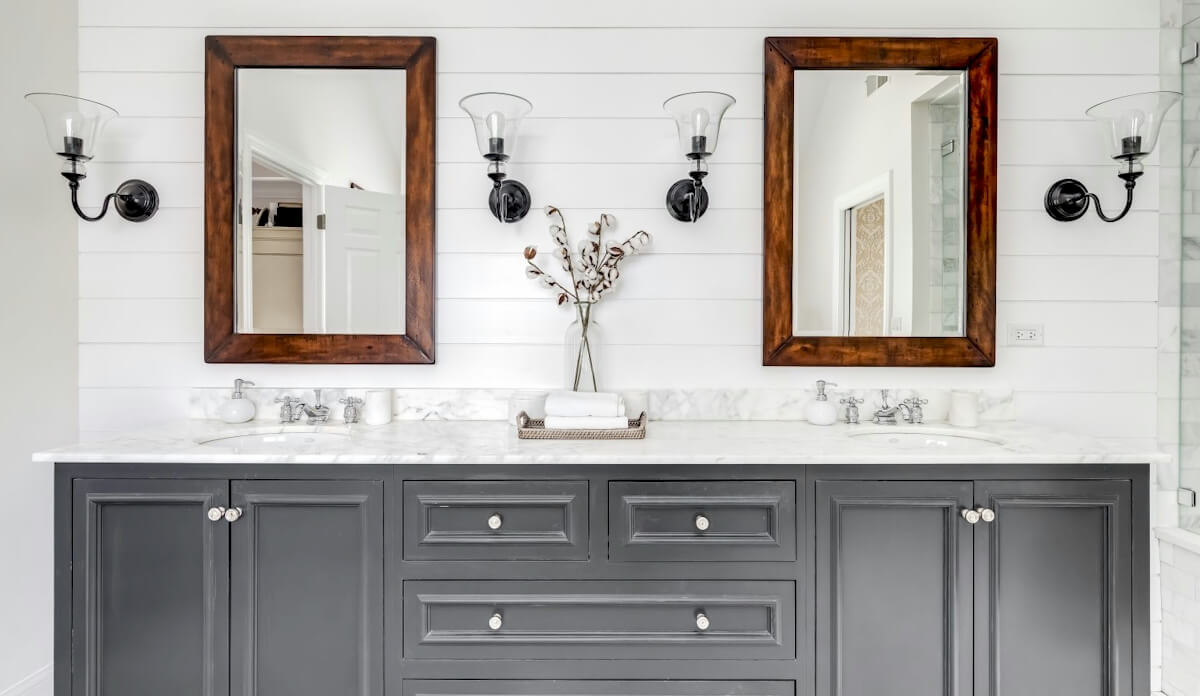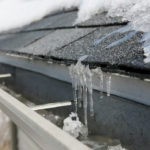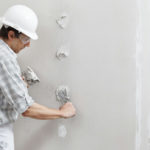
The Difference Between Shiplap & Drywall
Are you in the process of renovating your home or building a new one? If so, you may be faced with the age-old question of shiplap or drywall. Both are popular interior design choices, but which is the best choice for your home? Shiplap has been a trending design choice for the past few years, thanks to the popularity of HGTV shows like Fixer Upper.
Drywall, however, has been a staple in home construction for decades. Each option has pros and cons, and the decision ultimately depends on your preferences and the look you’re going for. In this article, we’ll explore the differences between shiplap and drywall and help you decide the best choice for your home’s interior design.
What is Shiplap?
Shiplap is a type of wooden board often used for exterior siding on homes but has recently become a popular interior design choice. Its distinctive profile characterizes it, including a rabbet or groove on one edge and a corresponding lip or ridge on the other. This design allows the boards to overlap and interlock, creating a tight seal that is both weather-resistant and aesthetically pleasing.
Shiplap can be made from various kinds of wood, including pine, cedar, and oak. Pine is the most popular choice due to its affordability and availability. Shiplap boards can be left natural or painted to match your interior design style.
What is Drywall?

Drywall, also known as gypsum board or plasterboard, is a panel made from gypsum plaster sandwiched between two sheets of paper. It is a popular material for interior walls and ceilings due to its ease of installation and versatility. Drywall can be cut to fit any size or shape and is available in various thicknesses and types.
Drywall is typically painted or covered with wallpaper and can be finished with various textures, including smooth, textured, and decorative finishes. It is also a popular choice for soundproofing and fire-resistant applications.
Benefits of Shiplap

Shiplap has become a popular interior design choice due to its rustic and charming aesthetic. Here are some of the benefits of using shiplap in your home:
Adds Character and Texture
Shiplap adds depth and dimension to your walls, creating a cozy and inviting atmosphere. It can add a touch of rustic charm to your home or create a more modern and minimalist look.
Easy to Install
Shiplap is relatively easy to install, especially if you have experience with woodworking. It can be installed directly over existing drywall or other surfaces, saving time and money compared to other interior design options.
Weather-Resistant
Shiplap is traditionally used as exterior siding, which means it is built to withstand harsh weather conditions. This makes it a durable, long-lasting interior design choice that can withstand everyday wear and tear.
Benefits of Drywall
While shiplap has become a popular interior design choice, drywall remains a staple in home construction and renovation. Here are some of the benefits of using drywall in your home:
Smooth and Even Surface
Drywall creates a smooth and even surface that is perfect for painting or wallpapering. It is also easy to repair if it becomes damaged, which can save time and money compared to other interior design options.
Versatile
Drywall can be used in a variety of applications, including walls, ceilings, and even curved or rounded surfaces. It is also available in various sizes and thicknesses, which means it can be customized to fit any space or design style.
Fire-Resistant
Drywall is a fire-resistant material, which means it can help prevent the spread of flames in the event of a fire. This makes it a popular choice for both residential and commercial applications.
Cost Comparison
Regarding cost, shiplap and drywall are comparable, although the cost can vary depending on factors such as the type of wood used for the shiplap and the thickness of the drywall. Shiplap is typically more expensive than drywall on a per-board basis. Still, it can be more cost-effective overall if you are installing it over existing drywall or other surfaces.
Durability Comparison
Both shiplap and drywall are durable materials, but each has strengths and weaknesses. Shiplap is traditionally used as exterior siding, which means it is built to withstand harsh weather conditions and withstand everyday wear and tear. On the other hand, drywall is more susceptible to damage from moisture and impact.
Maintenance Comparison
Shiplap requires more maintenance than drywall, especially if it is left natural. Natural wood shiplap will need to be sealed or painted to prevent damage from moisture and UV rays. Drywall, however, requires minimal maintenance other than occasional cleaning or touch-ups.
Design Options
Shiplap and drywall offer various design options, but each has its unique look and feel. Shiplap is perfect for creating a rustic or farmhouse-style interior. At the same time, drywall is more versatile and can create various design styles, from contemporary to traditional.
Shiplap can be left natural or painted to match your interior design style. It can also be installed horizontally, vertically, or at an angle, depending on the look you’re going for. Drywall can be finished with a variety of textures, including smooth, textured, and decorative finishes.
How to Choose Between Shiplap and Drywall

The decision to use shiplap or drywall ultimately depends on your personal preferences and the look you’re going for. Shiplap is an excellent choice to create a rustic or farmhouse-style interior. If you want a smooth and even surface that is easy to paint or wallpaper, drywall is the way to go.
Consider cost, durability, maintenance, and design options when deciding. If you still need clarification, consult an interior designer or contractor for their professional opinion.
Conclusion
When it comes to interior design, shiplap, and drywall are both popular and versatile choices. Shiplap adds character and texture to your walls, while drywall creates a smooth and even surface that is perfect for painting or wallpapering.
The decision to use shiplap or drywall ultimately depends on your personal preferences and the look you’re going for. Consider cost, durability, maintenance, and design options when deciding, and consult with an interior designer or contractor if you need clarification.



